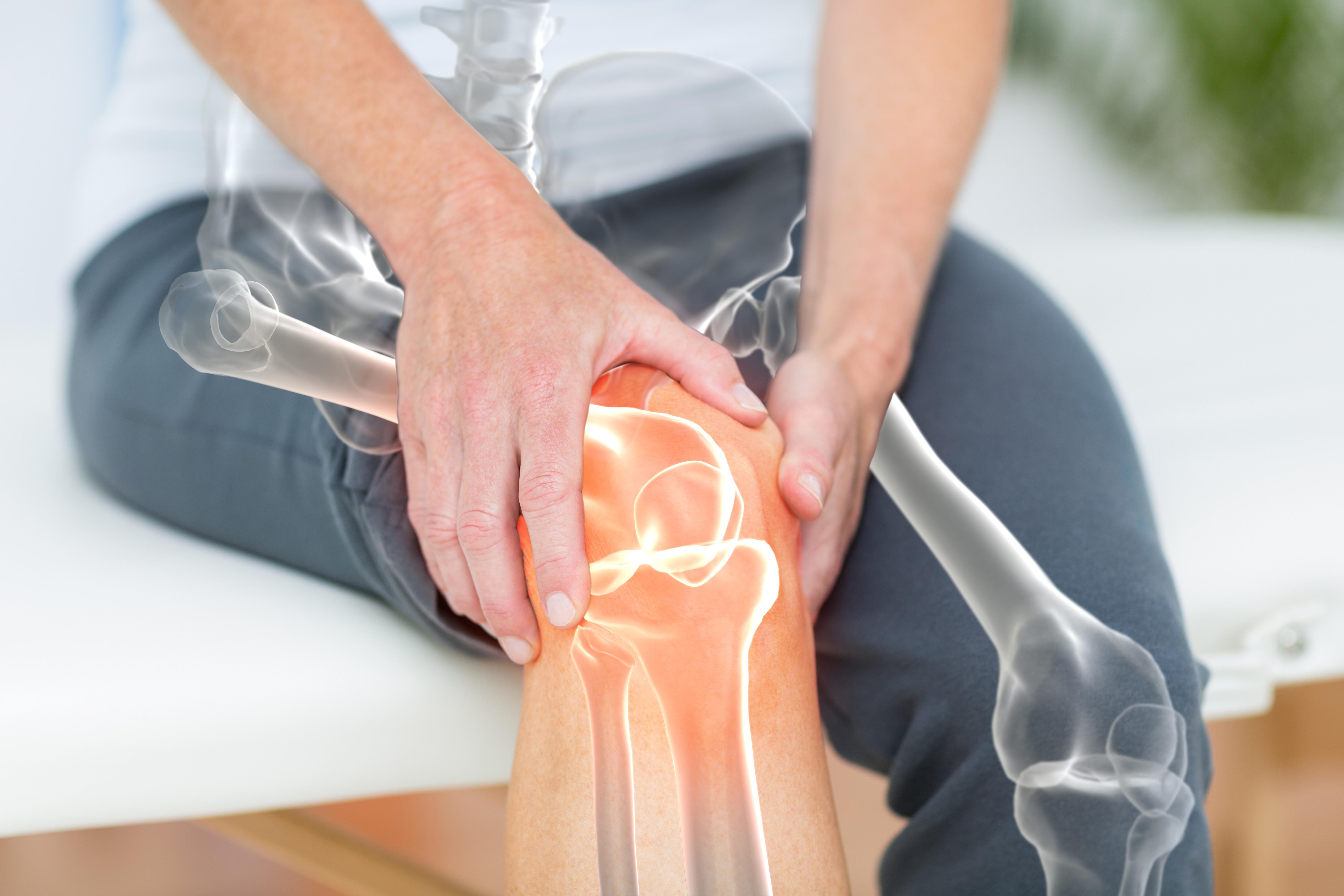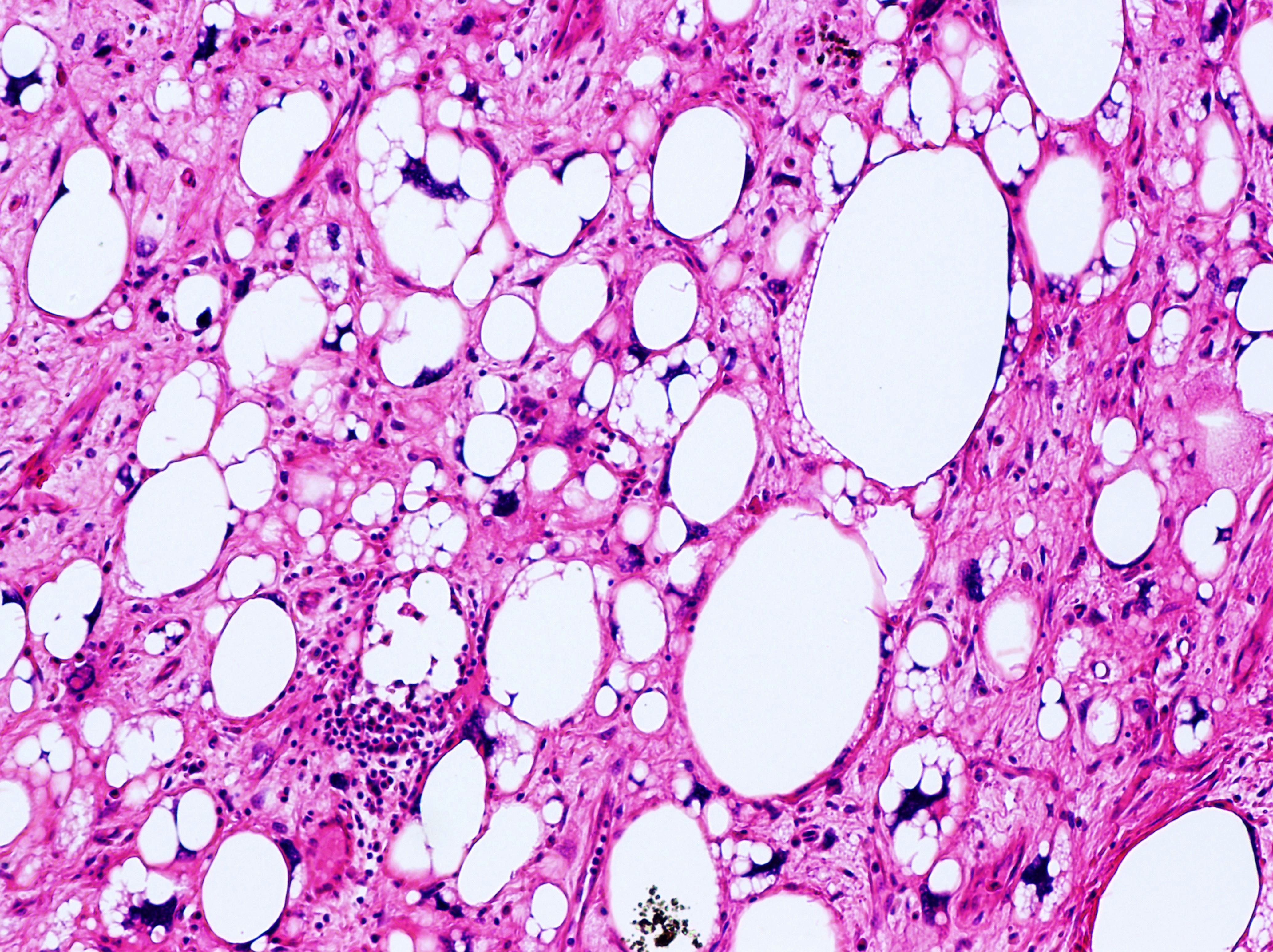Orthopedics

Orthopedics is a branch of medicine that focuses on the diagnosis, treatment, and prevention of disorders and injuries related to the musculoskeletal system. This system includes bones, joints, ligaments, tendons, muscles, and nerves that allow the body to move, function, and support its weight.
Orthopedic services encompass a broad range of medical care aimed at diagnosing, treating, and managing conditions and injuries related to the musculoskeletal system. Here are some common services provided by orthopedic clinics and hospitals:
Services:
- Orthopedic Consultation: Initial assessment and examination by orthopedic specialists to diagnose musculoskeletal issues and develop personalized treatment plans.
- Diagnostic Imaging: Utilization of various imaging techniques such as X-rays, MRI (Magnetic Resonance Imaging), CT (Computed Tomography) scans, and ultrasound to visualize and diagnose bone, joint, and soft tissue injuries and conditions.
- Non-surgical Treatments:
- Medication management for pain relief and inflammation.
- Physical therapy programs to improve strength, flexibility, and function.
- Occupational therapy to assist with activities of daily living.
- Orthotics, braces, and splints for support and alignment.
- Injection therapies such as corticosteroids, hyaluronic acid, and platelet-rich plasma (PRP) for pain management and tissue healing.
- Minimally Invasive Procedures:
- Arthroscopy: Minimally invasive surgery using a small camera (arthroscope) and specialized instruments to diagnose and treat joint problems.
- Minimally invasive fracture repair techniques.
- Percutaneous procedures for conditions like tendonitis or carpal tunnel syndrome.
- Surgical Interventions:
- Joint replacement surgeries (e.g., hip replacement, knee replacement, shoulder replacement).
- Spinal surgeries (e.g., discectomy, spinal fusion, laminectomy).
- Fracture repair surgeries.
- Ligament and tendon repair surgeries.
- Arthroscopic surgery for joint injuries and conditions.
- Sports Medicine: Specialized care for athletes, including injury prevention, diagnosis, treatment, and rehabilitation of sports-related injuries and performance optimization.
- Orthopedic Oncology: Diagnosis and treatment of bone and soft tissue tumors, including surgical resection and reconstruction.
- Pediatric Orthopedics: Diagnosis and treatment of musculoskeletal conditions and injuries in children, including congenital disorders, growth plate injuries, and developmental problems.
- Orthopedic Trauma Care: Prompt evaluation and treatment of severe musculoskeletal injuries, often involving collaboration with emergency medicine and trauma surgery teams.
Pediatrics

Pediatrics is a branch of medicine that focuses on the health and medical care of infants, children, and adolescents, typically ranging from birth to 18 years of age (though this age range can vary depending on the healthcare system and country). Pediatricians are medical doctors specialized in providing healthcare services tailored to the unique needs of children and young people.
Pediatric care encompasses a wide range of services aimed at promoting the physical, emotional, and social well-being of children, as well as preventing and managing illnesses and developmental issues. Here's a brief overview of pediatric care and its key components:
Services:
- Well-Child Visits: Regular check-ups and developmental assessments to monitor growth, milestones, and overall health. These visits often include immunizations, screenings, and guidance on nutrition, safety, and parenting.
- Acute Care: Diagnosis and treatment of common childhood illnesses and injuries, such as colds, flu, ear infections, asthma, and minor injuries.
- Chronic Disease Management: Management of chronic health conditions that affect children, such as asthma, diabetes, epilepsy, and allergies. This may involve medication management, lifestyle modifications, and regular monitoring.
- Developmental Screening and Behavioral Health: Evaluation and management of developmental delays, behavioral issues, and mental health concerns, including autism spectrum disorders, ADHD (Attention-Deficit/Hyperactivity Disorder), anxiety, and depression.
- Preventive Care:Promotion of healthy lifestyles and preventive measures to reduce the risk of illness and injury, including advice on nutrition, exercise, sleep, and safety practices.
- Immunizations: Administration of vaccines to protect children from infectious diseases and prevent outbreaks within the community.
- Specialized Care: Referral to pediatric subspecialists for specialized care in areas such as pediatric cardiology, gastroenterology, neurology, oncology, orthopedics, and surgery, among others.
- Newborn Care: Care for newborns immediately after birth, including newborn screenings, breastfeeding support, and guidance on infant care and development.
Gynechology

Gynecology is a branch of medicine that focuses on the health of the female reproductive system, including the uterus, ovaries, fallopian tubes, vagina, and breasts. Gynecologists are medical doctors who specialize in diagnosing and treating conditions related to these organs, as well as providing preventive care and guidance on reproductive health.
Gynecological services encompass a wide range of medical care for women at various stages of life, including:
Services
- Routine check-ups and screenings: Regular gynecological exams are essential for maintaining reproductive health and detecting any abnormalities early. These exams often include pelvic exams, breast exams, Pap smears (to screen for cervical cancer), and screenings for sexually transmitted infections (STIs).
- Contraceptive counseling and management: Gynecologists provide information and guidance on various birth control methods, including pills, patches, injections, intrauterine devices (IUDs), implants, and sterilization procedures. They help women choose the most suitable contraceptive method based on their individual needs and health status.
- Pregnancy care: Gynecologists offer prenatal care to monitor the health of both the mother and the developing fetus during pregnancy. This may involve regular check-ups, ultrasound scans, prenatal testing, and counseling on nutrition, exercise, and childbirth preparation.
- Management of menstrual disorders: Gynecologists diagnose and treat conditions that affect the menstrual cycle, such as irregular periods, heavy bleeding (menorrhagia), painful periods (dysmenorrhea), and menstrual disorders like polycystic ovary syndrome (PCOS) and endometriosis.
- Treatment of gynecological conditions: Gynecologists provide medical and surgical treatment for various gynecological conditions, including infections (such as yeast infections and bacterial vaginosis), pelvic inflammatory disease (PID), uterine fibroids, ovarian cysts, pelvic organ prolapse, and gynecological cancers (such as cervical, ovarian, and uterine cancer).
- Menopausal care: Gynecologists offer support and management for women experiencing menopause and perimenopause, including hormone replacement therapy (HRT) to alleviate symptoms like hot flashes, vaginal dryness, and mood changes.
- Infertility evaluation and treatment:Gynecologists assess and treat couples struggling with infertility by identifying underlying causes and providing interventions such as ovulation induction, intrauterine insemination (IUI), and in vitro fertilization (IVF).
Pathology

Pathology is the branch of medicine that deals with the study and diagnosis of disease by examining organs, tissues, bodily fluids, and whole bodies (autopsies).
Pathologists are medical doctors who specialize in this field and are trained to interpret laboratory tests and microscopic analyses to diagnose diseases and conditions.
Services
- Anatomical Pathology: This branch of pathology involves the examination of tissues removed from the body during surgery or biopsy to diagnose diseases such as cancer, infections, and inflammatory conditions. Anatomical pathologists analyze tissue samples under a microscope and may use various staining techniques to identify abnormalities.
- Clinical Pathology: Clinical pathology, also known as laboratory medicine, focuses on the analysis of bodily fluids such as blood, urine, and cerebrospinal fluid. Clinical pathologists perform a wide range of tests, including blood chemistry, hematology (blood cell analysis), microbiology (identification of microorganisms), immunology (immune system function), and molecular diagnostics (genetic testing).
- Cytopathology: Cytopathology is the study of individual cells obtained from body fluids or tissue samples. Cytopathologists examine cells under a microscope to detect abnormalities indicative of cancer, infection, inflammation, or other diseases. Common cytopathology tests include Pap smears for cervical cancer screening and fine needle aspiration (FNA) biopsies for diagnosing tumors.
- Forensic Pathology: Forensic pathology involves the investigation of deaths that are sudden, unexpected, or suspicious. Forensic pathologists perform autopsies to determine the cause and manner of death, which may be crucial in legal proceedings such as criminal investigations and insurance claims.
- Transfusion Medicine: Transfusion medicine is a subspecialty of pathology that focuses on the safe and effective use of blood and blood products. Transfusion medicine specialists ensure that donated blood is properly matched to recipients to minimize the risk of transfusion reactions and transmission of infectious diseases.
- Molecular Pathology: Molecular pathology combines traditional pathology techniques with molecular biology and genetics to diagnose diseases at the molecular level. Molecular pathologists analyze DNA, RNA, and proteins to identify genetic mutations, predict treatment response, and guide personalized therapy for conditions such as cancer and genetic disorders.
- Consultative Services: Pathologists often provide consultative services to other healthcare providers, offering expert opinions on diagnostic test results, treatment options, and patient management. They may participate in multidisciplinary team meetings to discuss complex cases and develop comprehensive treatment plans.
General surgery

General surgery is a surgical specialty that focuses on the surgical management of a wide range of conditions affecting various organs and systems within the body. General surgeons are trained to perform surgical procedures on the abdomen, digestive tract, endocrine system, breast, skin, and soft tissues. They often work closely with other medical specialists to provide comprehensive care for patients with complex health issues.
Services
- Preventive Healthcare: General medicine emphasizes preventive care to maintain health and prevent the development of diseases. This includes routine health screenings, vaccinations, lifestyle counseling (e.g., diet, exercise, smoking cessation), and management of risk factors such as hypertension, diabetes, and obesity.
- Primary Care: General medicine practitioners serve as primary care physicians for adults, providing ongoing medical care and managing a variety of health issues. They conduct comprehensive health assessments, perform physical examinations, and address a wide range of acute and chronic medical conditions.
- Chronic Disease Management: General physicians are skilled in managing chronic diseases such as diabetes, hypertension, asthma, heart disease, and arthritis. They work with patients to develop personalized treatment plans, monitor disease progression, and adjust medications as needed to optimize health outcomes and quality of life.
- Acute Care: General medicine physicians are trained to diagnose and manage acute medical problems, including infections, injuries, respiratory illnesses, gastrointestinal disorders, and other acute conditions requiring immediate medical attention. They may provide treatment in outpatient settings, urgent care centers, or hospital emergency departments.
- Medication Management: General medicine practitioners prescribe medications and oversee medication management for their patients. They ensure that medications are appropriate, effective, and safe, and they monitor patients for potential drug interactions, side effects, and adherence to treatment regimens.
- Coordination of Care: General physicians often serve as coordinators of care, collaborating with specialists, allied health professionals, and other members of the healthcare team to provide comprehensive and integrated medical care. They facilitate communication among healthcare providers, coordinate referrals to specialists, and ensure continuity of care for patients with complex medical needs.
- Health Education and Counseling: General medicine practitioners educate patients about their health conditions, treatment options, and self-management strategies. They provide counseling on lifestyle modifications, diet, exercise, stress management, and other factors that can impact health and well-being.
- Geriatric Care: Many general medicine physicians have expertise in caring for older adults and managing age-related health issues. They address common geriatric concerns such as frailty, dementia, falls, polypharmacy, and end-of-life care, with a focus on maintaining functional independence and optimizing quality of life for older patients.
Physiotherapy

Physiotherapy, also known as physical therapy, is a healthcare profession that focuses on optimizing movement and function, reducing pain, and promoting overall health and well-being through physical interventions and exercise. Physiotherapists are highly trained healthcare professionals who assess, diagnose, and treat a wide range of musculoskeletal, neurological, cardiopulmonary, and other conditions.
Services
- Assessment and Diagnosis: Physiotherapists perform comprehensive assessments to identify impairments, functional limitations, and disabilities affecting patients' movement and physical function. They use various assessment techniques, including observation, palpation, range of motion testing, strength testing, and special tests to diagnose musculoskeletal, neurological, and other conditions.
- Treatment Planning: Based on the assessment findings and diagnosis, physiotherapists develop individualized treatment plans tailored to each patient's specific needs, goals, and preferences. Treatment plans may include a combination of therapeutic exercises, manual therapy techniques, modalities (e.g., heat, cold, ultrasound), education, and lifestyle modifications.
- Therapeutic Exercise: Therapeutic exercise is a cornerstone of physiotherapy intervention, aimed at improving strength, flexibility, endurance, balance, coordination, and functional mobility. Physiotherapists prescribe customized exercise programs targeting specific impairments and functional goals, which may include stretching, strengthening, aerobic conditioning, proprioceptive training, and neuromuscular re-education.
- Manual Therapy: Manual therapy techniques involve hands-on manipulation and mobilization of soft tissues (e.g., muscles, fascia) and joints to reduce pain, improve joint mobility, and restore normal movement patterns. Common manual therapy techniques used by physiotherapists include joint mobilization, soft tissue mobilization, massage, myofascial release, and spinal manipulation.
- Pain Management: Physiotherapists play a key role in managing acute and chronic pain conditions through a variety of interventions. This may include therapeutic exercises to improve strength and flexibility, manual therapy techniques to alleviate pain and improve joint mobility, modalities such as heat and cold therapy, electrotherapy (e.g., TENS, ultrasound), and education on pain management strategies and self-care techniques.
- Neurological Rehabilitation: Physiotherapists specialize in the rehabilitation of individuals with neurological conditions such as stroke, traumatic brain injury, spinal cord injury, multiple sclerosis, Parkinson's disease, and peripheral nerve injuries. Neurological rehabilitation focuses on improving motor control, balance, coordination, gait, and functional independence through targeted exercises, gait training, balance training, and functional activities.
- Cardiopulmonary Rehabilitation: Physiotherapists provide rehabilitation services for individuals with cardiopulmonary conditions such as heart disease, chronic obstructive pulmonary disease (COPD), asthma, and cystic fibrosis. Cardiopulmonary rehabilitation programs focus on improving cardiovascular fitness, respiratory function, breathing techniques, and energy conservation strategies through aerobic exercise, strength training, breathing exercises, and education on lifestyle modification.
- Orthopedic Rehabilitation: Physiotherapists specialize in the rehabilitation of orthopedic conditions such as fractures, joint replacements, ligament injuries, tendonitis, and osteoarthritis. Orthopedic rehabilitation aims to restore optimal function, mobility, and strength following injury or surgery through targeted exercises, manual therapy, joint mobilization, and functional training.
Pain management clinic

Pain management clinics are specialized healthcare facilities that focus on the diagnosis, treatment, and management of chronic pain conditions. These clinics employ multidisciplinary approaches to address the complex nature of chronic pain and aim to improve patients' quality of life by reducing pain, restoring function, and promoting overall well-being. Here are some key aspects of pain management clinics and the services we provide:
Services
- Comprehensive Evaluation: Pain management clinics conduct thorough evaluations to assess the underlying causes and contributing factors of chronic pain. This may include reviewing patients' medical history, performing physical examinations, and conducting diagnostic tests such as imaging studies (e.g., MRI, CT scan), nerve conduction studies, and laboratory tests to determine the source and severity of pain.
- Multidisciplinary Team: Pain management clinics typically employ a multidisciplinary team of healthcare professionals with expertise in various disciplines, including pain medicine, physical therapy, psychology, psychiatry, nursing, pharmacy, and complementary and alternative medicine (CAM). This interdisciplinary approach allows for a comprehensive assessment and personalized treatment plan tailored to each patient's needs.
- Pain Treatment Modalities: Pain management clinics offer a variety of treatment modalities aimed at alleviating pain, improving function, and enhancing quality of life. These may include:
- Medication management: Prescription medications such as analgesics (pain relievers), nonsteroidal anti-inflammatory drugs (NSAIDs), muscle relaxants, antidepressants, anticonvulsants, and opioids may be prescribed to manage pain and related symptoms.
- Interventional procedures: Minimally invasive procedures such as nerve blocks, epidural steroid injections, facet joint injections, radiofrequency ablation, spinal cord stimulation, and intrathecal drug delivery may be performed to target specific pain generators and provide relief.
- Physical therapy: Individualized exercise programs, manual therapy techniques, stretching, strengthening exercises, and modalities such as heat, cold, ultrasound, and electrical stimulation may be prescribed to improve mobility, flexibility, and function.
- Psychological interventions: Cognitive-behavioral therapy (CBT), relaxation techniques, biofeedback, mindfulness-based stress reduction (MBSR), and coping skills training may be used to address psychological factors contributing to pain, such as stress, anxiety, depression, and maladaptive pain behaviors.
- Complementary and alternative therapies: Acupuncture, massage therapy, chiropractic care, herbal supplements, dietary modifications, and mind-body practices (e.g., yoga, tai chi) may be integrated into treatment plans to complement conventional therapies and promote holistic healing.
- Patient Education and Self-Management: Pain management clinics provide education and support to empower patients to take an active role in managing their pain and improving their quality of life. This may include teaching patients about their pain condition, treatment options, medication management, lifestyle modifications, ergonomic principles, relaxation techniques, and strategies for coping with pain flare-ups and setbacks.
- Follow-up Care and Monitoring: Pain management clinics offer ongoing follow-up care and monitoring to assess treatment effectiveness, adjust treatment plans as needed, and address any emerging issues or concerns. Regular follow-up appointments allow healthcare providers to track patients' progress, evaluate functional outcomes, and optimize pain control while minimizing adverse effects and complications.
General medicine

General medicine, also known as internal medicine, is a medical specialty that focuses on the prevention, diagnosis, and treatment of adult diseases. General medicine practitioners, known as internists or general physicians, are trained to provide comprehensive medical care across a wide range of conditions, including chronic illnesses, acute medical problems, and preventive healthcare.
Services:
- Preventive Healthcare: General medicine emphasizes preventive care to maintain health and prevent the development of diseases. This includes routine health screenings, vaccinations, lifestyle counseling (e.g., diet, exercise, smoking cessation), and management of risk factors such as hypertension, diabetes, and obesity.
- Primary Care: General medicine practitioners serve as primary care physicians for adults, providing ongoing medical care and managing a variety of health issues. They conduct comprehensive health assessments, perform physical examinations, and address a wide range of acute and chronic medical conditions.
- Chronic Disease Management: General physicians are skilled in managing chronic diseases such as diabetes, hypertension, asthma, heart disease, and arthritis. They work with patients to develop personalized treatment plans, monitor disease progression, and adjust medications as needed to optimize health outcomes and quality of life.
- Acute Care: General medicine physicians are trained to diagnose and manage acute medical problems, including infections, injuries, respiratory illnesses, gastrointestinal disorders, and other acute conditions requiring immediate medical attention. They may provide treatment in outpatient settings, urgent care centers, or hospital emergency departments.
- Medication Management: General medicine practitioners prescribe medications and oversee medication management for their patients. They ensure that medications are appropriate, effective, and safe, and they monitor patients for potential drug interactions, side effects, and adherence to treatment regimens.
- Coordination of Care: General physicians often serve as coordinators of care, collaborating with specialists, allied health professionals, and other members of the healthcare team to provide comprehensive and integrated medical care. They facilitate communication among healthcare providers, coordinate referrals to specialists, and ensure continuity of care for patients with complex medical needs.
- Health Education and Counseling: General medicine practitioners educate patients about their health conditions, treatment options, and self-management strategies. They provide counseling on lifestyle modifications, diet, exercise, stress management, and other factors that can impact health and well-being.
Intensive Care Units (ICUs)

General medicine, also known as internal medicine, is a medical specialty that focuses on the prevention, diagnosis, and treatment of adult diseases. General medicine practitioners, known as internists or general physicians, are trained to provide comprehensive medical care across a wide range of conditions, including chronic illnesses, acute medical problems, and preventive healthcare.
Services:
- Critical Care: ICUs are designed to provide intensive monitoring and treatment for patients who are severely ill or injured. These patients often require close observation and continuous medical interventions to stabilize their condition.
- Advanced Monitoring: ICUs are equipped with advanced monitoring devices that continuously track vital signs such as heart rate, blood pressure, oxygen levels, and brain activity. This allows healthcare providers to quickly detect any changes in a patient's condition and intervene as needed.
- Life Support Systems: ICUs have specialized equipment for providing life support to patients whose organs are failing. This may include mechanical ventilators to assist with breathing, cardiac monitors, dialysis machines for kidney failure, and infusion pumps for administering medications and fluids.
- Specialized Staff: ICU teams typically consist of healthcare professionals with specialized training in critical care. This includes intensivists, who are physicians with expertise in managing critically ill patients, as well as critical care nurses, respiratory therapists, and other specialists.
- Multidisciplinary Approach: ICU care often involves a multidisciplinary approach, with healthcare providers from different specialties working together to coordinate treatment plans and optimize patient outcomes. This may include collaboration with surgeons, neurologists, infectious disease specialists, and others as needed.
- Family Support: ICUs also provide support for patients' families, who may be experiencing stress and anxiety due to their loved one's critical condition. This may involve providing information about the patient's condition, facilitating communication with healthcare providers, and offering emotional support and counseling.
- Post-ICU Care: After stabilizing in the ICU, patients may require ongoing care and rehabilitation to recover fully. ICU teams often work closely with other healthcare providers to coordinate post-ICU care and ensure a smooth transition to the next phase of treatment.
Emergency Services Department
Rapid Response, Expert Care, Anytime, Anywhere

At RAVI TEJA HOSPITALS, our Emergency Services Department is dedicated to providing the highest level of urgent care when you need it most. Our experienced medical professionals are available 24/7, ensuring you receive prompt and efficient treatment in any emergency situation.
- 24/7 Availability: Our emergency team is ready around the clock to respond swiftly to any crisis.
- Advanced Medical Technology: Equipped with cutting-edge technology for accurate diagnostics and effective treatments.
- Expert Medical Team: Our highly trained doctors, nurses, and specialists are experienced in handling all types of emergencies with precision and care.
- Compassionate Care: We prioritize your comfort and well-being, offering compassionate support to patients and their families during stressful times.
Your Health, Our Priority.